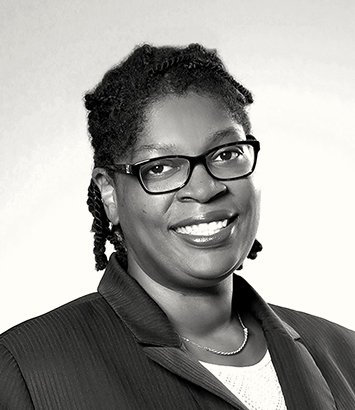Ohio to License Home Health Care Agencies
September 9, 2021 – Legal Alerts
Home health care is one of Ohio’s fastest growing occupations. To date, the agencies providing skilled home health care, non-medical home health/personal care services, and non-agency providers of nonmedical home health/personal care services have been unlicensed in Ohio. Beginning on July 1, 2022, all agencies that offer home health care (skilled or nonmedical) will require a license issued by the Ohio Department of Health (ODH), as will non-agency providers of nonmedical home health care.[1] Both the National Association for Home Care and Hospice (HCCAOA) and the Ohio Council for Home Care and Hospice (OCHCH) are vocal proponents of licensure.
Once H.B.110 takes effect, anyone operating a home care agency or providing non-agency home care without a license is subject to criminal prosecution. As such, interested agencies and providers affected by this new law should begin preparing for the application and licensure process.
Additionally, if you are considering starting a home health care agency or providing home health care as an individual provider, you should consider acting soon, Agencies and non-agency providers who are already operational on July 1, 2022, may be able to avoid help avoid the surety bond requirements of the new law.
Agencies providing skilled home health services
Under this law, all agencies that provide skilled home health services, including skilled nursing, physical therapy, occupational therapy, and speech-language pathology will need a license from ODH. This will apply to agencies that send nurses and therapists to patients’ homes or places of residence. Agencies that provide skilled home health services must be certified by CMS, the Joint Commission or the Department of Aging (or otherwise meet the conditions of participation even where not certified), among other requirements.
Agencies providing nonmedical home health services
Agencies providing nonmedical home health services such as personal care services, homemaking services, bathing, dressing, meal preparation, and respite care will also need to be licensed. The requirements include fingerprinting for the primary owner, providing ODH with a copy of the criminal records check policy and a description of services offered, and a copy of policies and procedures as they relate to the services offered.
Non-agency providers (individuals)
Non-agency providers must also apply for licensure. This law applies to providers who engage in personal care and homemaking services to more than two individuals.[2] They, too, will have to provide fingerprints and a description of the nonmedical home health services provided, among other requirements.
Next steps
Now that H.B. 110 has been enacted, the next step will be for ODH to promulgate rules through the Joint Committee on Agency Rule Review (JCARR). ODH will add detail to the law created by the general assembly. Proponents and opponents can submit comments about the proposed rules. Ohio home health care agencies may wish to consider giving comments.
Some of these rules will define disciplinary actions which ODH may take against applicants and licensees. They will spell out ethical rules and prohibited acts, which will give ODH the right to refuse licensure, revoke or suspend licensure, place restrictions on licensure, and place licensees on probation. Disciplinary matters will be governed by R.C. § 119 et seq.
Dinsmore’s health care attorneys have experience with the agency rule-making process and procedures and the now-required licensure process for such agencies and individual providers. If you have questions about home care licensing, please contact LaTawnda Moore or your Dinsmore attorney.
[1] The new law will be codified at R.C. § 3740.01 et seq. See HB 110, 134 Gen. Assemb., Reg. Sess. (Ohio 2021).
[2] It is expected that the rules as promulgated will define what it means to serve more than two individuals. There may be a rule promulgated that defines it as more than two individuals in a calendar year. There are also exemptions for immediate family members and people already licensed through the Department of Developmental Disabilities.

